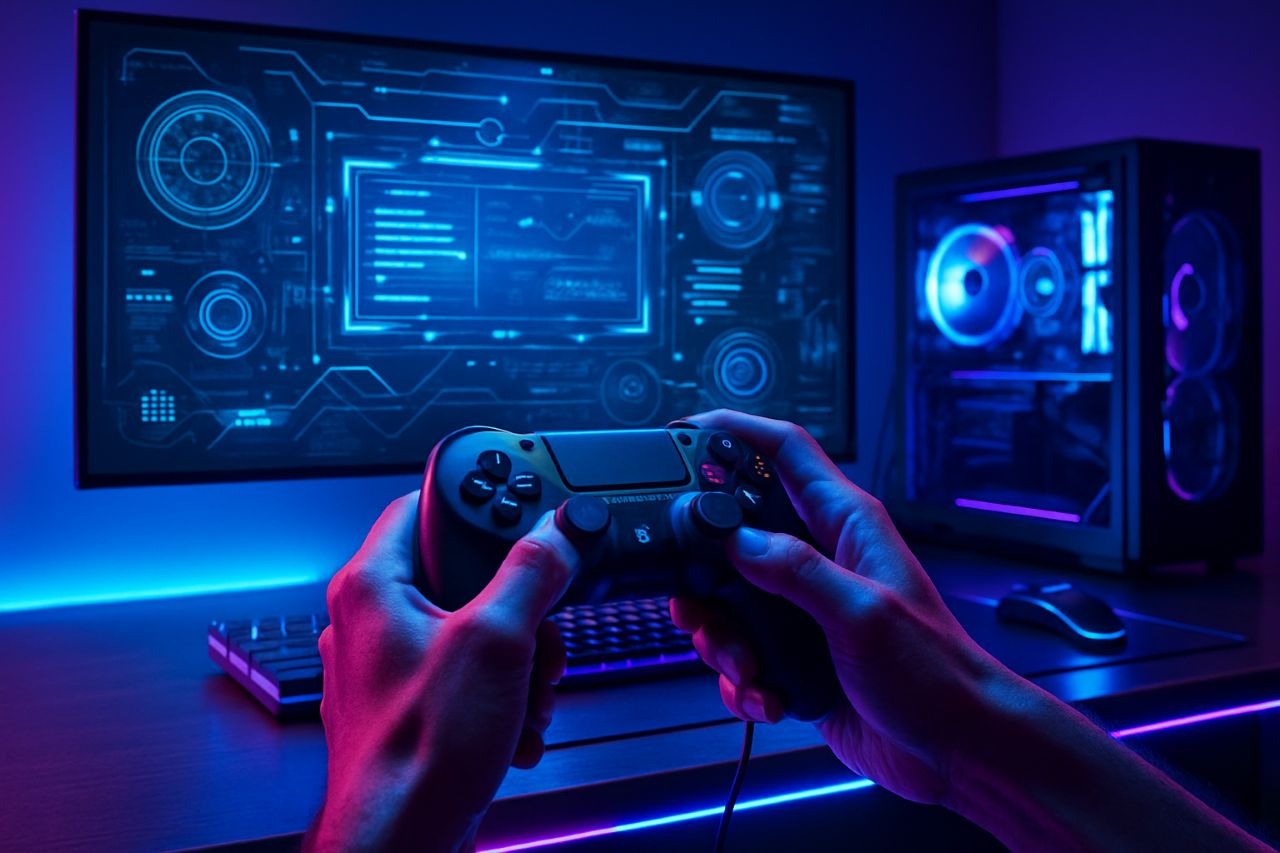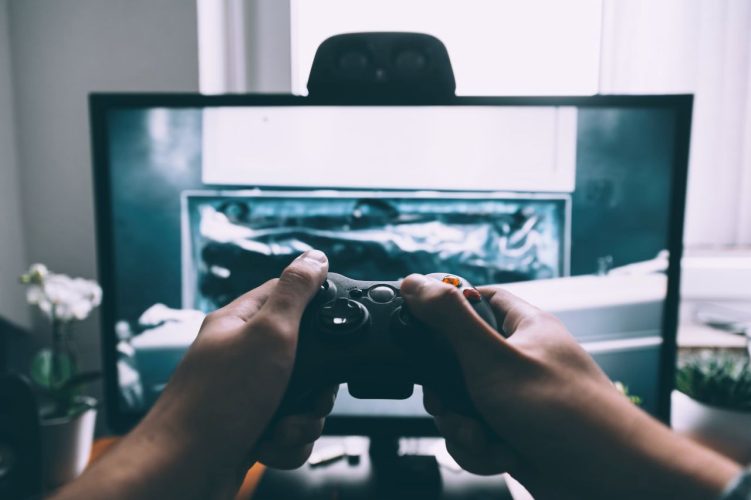
When Netflix first emerged, not many people believed in it. In fact, Blockbuster had the chance to buy it for a relatively small sum, but passed. That turned out to be a historic mistake.
Netflix didn’t just change how people watch movies; it tapped into something deeper. Suddenly, viewers could watch what they wanted, when they wanted. They could skip the intro, pick up a show right where they left off, and even switch devices mid-episode without missing a beat.
It scratched an itch that people didn’t even know they had—until it was gone in the best possible way. You see, we often don’t realize exactly why we enjoy certain things. But the moment we experience them, it clicks. It just feels right. With that in mind, here are four aspects of entertainment you probably appreciate more than you realize.

- Lack of limitations
Some games drop you into a world and say, “Go wherever.” No loading screens. No missions unless you want them. Just pure freedom. That’s why open-world games like Skyrim or Zelda: Breath of the Wild are so memorable. You weren’t forced into a story—you made your own along the way.
Sandbox games take that even further. There’s no final boss, no score, no “you win” screen. It’s just you, your imagination, and maybe a few blocks or planets. Whether it’s Minecraft or The Sims, the draw is the same: the lack of structure is what makes it so engaging.
This same principle shows up outside of games, too. Online casinos where you can play with no limits are the perfect example. You can bet what you want, when you want, on your own terms. There’s no pacing, no cap, and no artificial ceiling. That lack of boundaries gives players a real sense of control.
The key isn’t just the absence of rules—it’s the feeling that you’re in charge. You decide when to push further, when to pause, and what kind of experience you want to have. That kind of autonomy is rare in real life, which is exactly why we crave it in entertainment.
- Seamless convenience
Starting a show on your laptop and finishing it on your phone used to sound like science fiction. Now, it’s just what we expect. Platforms like Netflix or YouTube remember where you left off, no matter the device. That kind of continuity feels invisible—but the moment it’s gone, you notice.
Skipping the intro used to mean fumbling with the remote. Now it’s just a button click, and the episode jumps right to the story. You don’t think much about it, but it’s these tiny touches that make binge-watching so effortless. They shave off just enough friction to keep you hooked.
The recommendation algorithm that tells you what to watch next isn’t always perfect, but when it gets it right, it really gets it right. You didn’t ask for that true crime docuseries, but there you are, four episodes deep at 2 a.m. You feel like the app just “gets you.”
Convenience goes beyond content—it’s about mental energy. No need to check TV schedules or browse endless menus. You open the app, and it serves what you want before you even know what that is. That kind of anticipation and smoothness isn’t just impressive—it’s addictive, and most of the time, you barely notice it.
- Social connection without the effort
You see, a big part of why people love entertainment today isn’t even the content—it’s the shared experience. When your entire group chat is watching the same show, it becomes something to talk about, laugh about, and throw memes at. Suddenly, you’re all part of the same in-joke.
Multiplayer gaming has turned strangers into daily companions. You may not know their real names, but you know their playstyle, their jokes, and when they’re likely to log on. It’s like having coworkers, except everyone’s trying to win matches instead of filling spreadsheets.
There’s also this weirdly strong bond you build with streamers and online personalities. You’re not technically their friend, but you know their dog’s name, their favorite snacks, and their go-to games. That kind of familiarity, even one-sided, still scratches a very human need to connect.
Even something as simple as scrolling through the comments or reactions while watching a video can add a whole new layer. It feels like a virtual living room—everyone reacting, roasting, or just being part of it. You don’t have to say a word, but somehow, you still feel included.
- Passive participation that still feels engaging
You don’t always want to sit up straight and take notes when watching something. Sometimes, it’s about letting a show play in the background while you scroll or cook dinner. But here’s the catch—you’re still absorbing the story. You’re still in it, even if only half-watching, and there’s enough drama and hecticness in real life.
There’s a reason cozy games like Stardew Valley or Animal Crossing took off. They don’t demand anything from you. No timers, no penalties—just chill vibes and repetitive tasks that somehow feel rewarding. It’s the digital equivalent of knitting or gardening, only without the cleanup.
Platforms have figured out how to match audio and mood like it’s an art form. Whether it’s “lofi beats to study to” or a moody playlist that echoes how you feel, you just hit play and let it wash over you. It’s not active listening, but it’s definitely active feeling.
Even interactive stories (like choose-your-own-adventure games) let you sit back most of the time. You only step in when it really matters, making the story feel like it’s yours. You’re not working hard, but you’re still shaping the experience, and that blend is exactly why it works so well.
Final words
Most of the time, we don’t stop to think about why we enjoy certain types of entertainment—we just know we do. But once you dig a little deeper, it’s clear that convenience, connection, freedom, and low-effort engagement all play a huge role. Once you notice them, you’ll start appreciating them even more.
